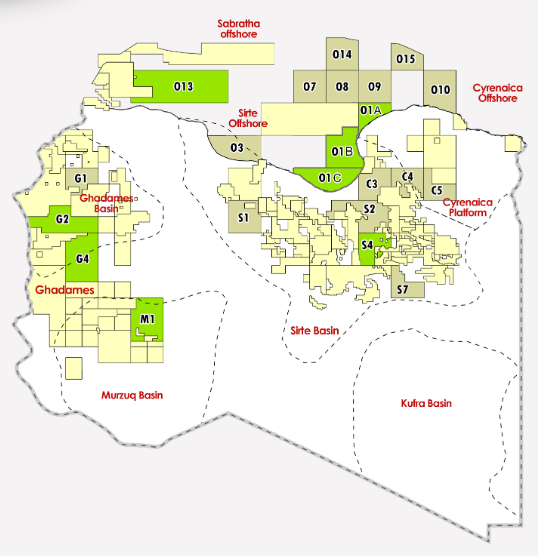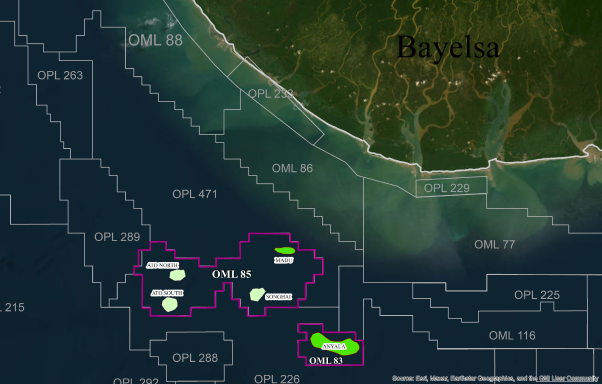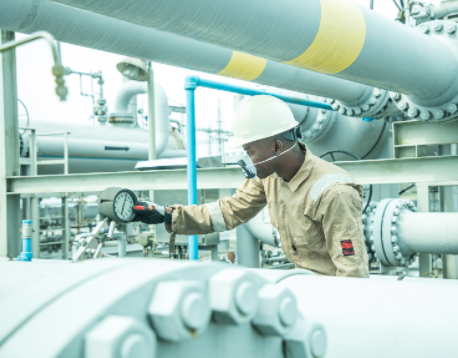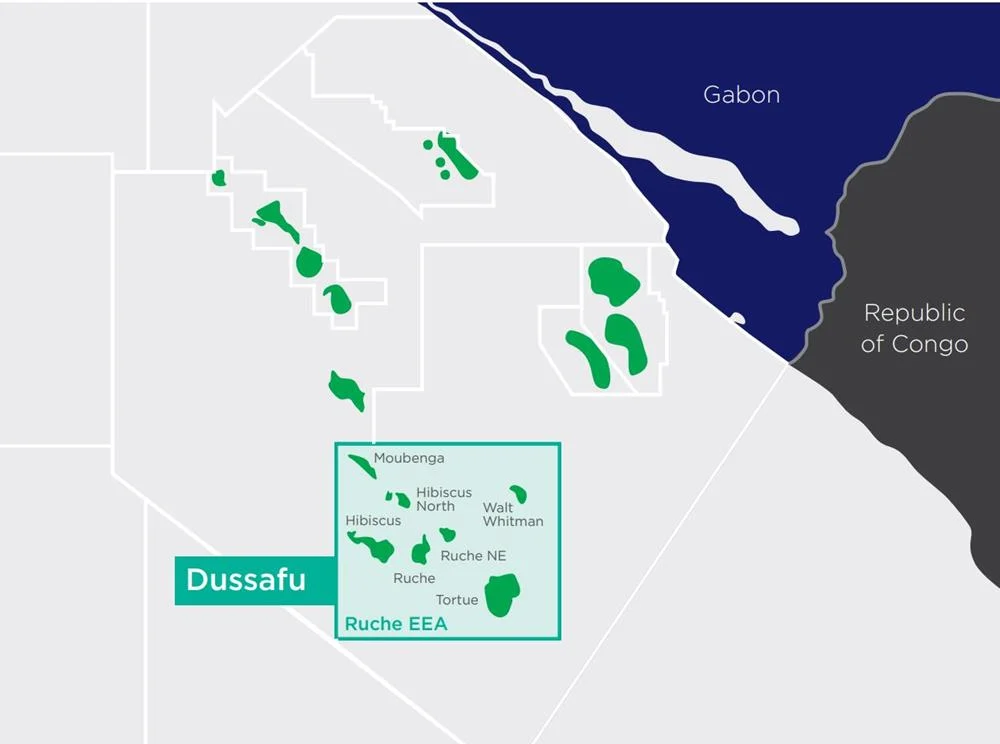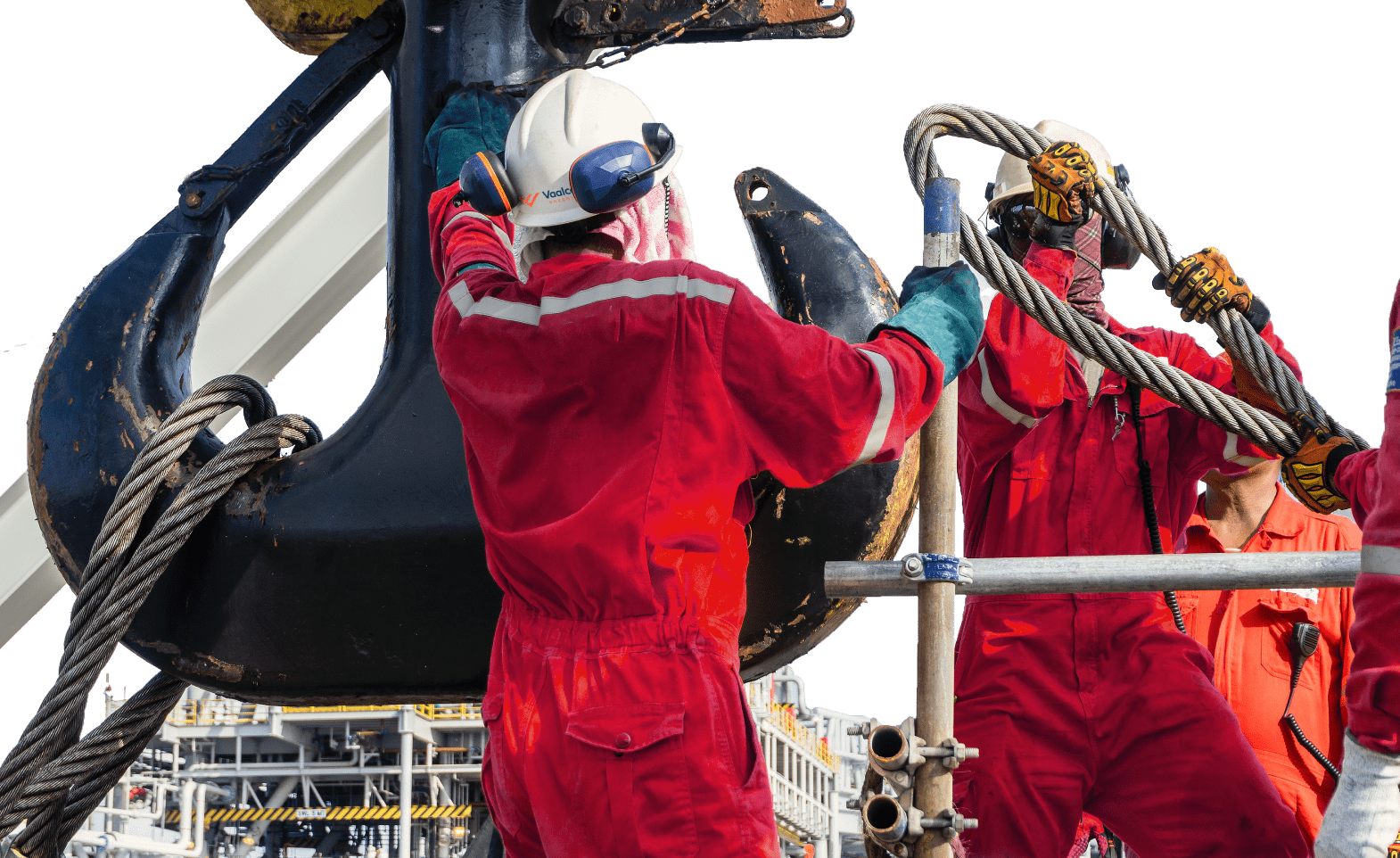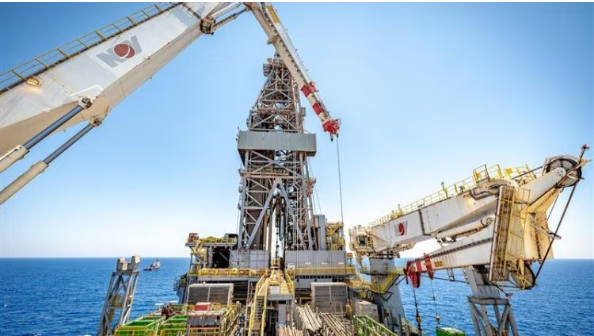Key energy leaders to explore investment as the key to unlocking Africa’s untapped potential
Leading figures within the African energy scene will convene at the 9th Annual Africa Energy Indaba, the World Energy Council’s annual African regional meeting, to discuss how best to unlock investment to develop an energy infrastructure road map for Africa.
The World Energy Council will be holding a number of high-level ministerial meetings as part of the Indaba in Johannesburg between today 20th and 22nd February.
Other discussions will centre on highlighting the scaling up of renewables through innovative business models as well as the role of mobile banking solutions. By combining state of the art renewable technology with high-efficiency appliances, latest battery technology, and innovative mobile payment systems that have emerged from the mobile phone revolution, entrepreneurs are delivering household solutions that increase rural electrification rates and scale up renewables in Africa.
Key speakers at the Indaba will include: Abubukar Sambo, Special Adviser to the President of Nigeria; Sadique Kebonang, Minister of Mineral Resources, Green Technology and Energy Security, Botswana; and Pierre Matusila, Minister of Energy and Hydraulic Resources, DR Congo. Experts from the financial, construction, utilities, mining, innovations and technologies sectors, as well as Civil Society will also be present.
Dr Elham Ibrahim, Commissioner for Energy and Infrastructure, Africa Union, and Vice Chair for Africa at the World Energy Council, also participating in the Indaba said: “I believe the time for more serious action has come for scaling up the implementation of renewable energy in Africa.The continent has abundant Renewable Energy resources in the form of hydropower, solar, wind, geothermal and bio-energy that are appropriate for responding to the challenge of energy access, especially for our large rural population. Thus, the African Union Commission, alongside the World Energy Council, is set to speed up renewable energy projects and strategies already in the pipeline and developed to support the African continent in achieving a sustainable energy future.”
In Africa, energy is at the forefront of political and business decision making. With the visionary agreement at COP21 in Paris, the dynamic innovation context defining new opportunities and the shifting risks and resilience frontiers, the challenge is to now turn words and ambition into measurable actions at both national and regional levels to accelerate the energy transition.
The ability to deliver and deploy the most carbon effective, resources efficient and resilient solutions at scale will be key to achieving secure, equitable and environmentally viable energy systems. But without clear leadership, regional integration and collaboration beyond the borders of individual nations, African nations could fall short on their ambitions.
Liz Hart, Managing Director, Africa Energy Indaba, said: “The African continent has the necessary mineral resources, climate and geology to meet its energy requirements. However, in many of its countries, there is a lack of funding, institutional will or technical skill to assist in developing the energy sector. The Indaba attempts to address this lack by connecting people and rainmakers who can boost sector development on a regional scale. We bring together politicians and energy luminaries to envision, collaborate and then catalyse the decisions that will unlock and unblock access to energy, and therefore enable growth and prosperity.
“Without access to energy, Africa’s growth will be stifled and, as such, investing in energy solutions for the continent is “mandatory and absolutely necessary”, Hart notes. “Given Africa’s growing population and increased demand for energy, the conference will provide project-focused energy sessions for business development, welcoming African Energy Ministers and Utility Managers, pioneering energy project developers, product providers, EPC Contractors, investors, financiers and multilateral agencies to outline the role of renewable energy in Africa’s economic growth strategy and explore unique project development opportunities across the continent.”
Further discussions during the Indaba Energy Leaders’ Dialogue will focus on a high-level Ministerial dialogue: ‘Africa’s shifting energy trilemma’ which highlights the challenge facing policymakers as well as energy and finance industry leaders. It refers to the trade-offs between three dimensions: energy security, social equity (energy access and affordability) and environmental impact mitigation (climate change and local pollution) Additional meeting topics will focus on new energy realities: critical pathways to 2060 and disruptive business models.
The World Energy Council will also be hosting its Africa Regional Meeting and will bring together workshops focussing on its World Energy Scenarios work, which envisions scenarios to 2060, led by Executive Chair, Ged Davis, in order to capture the reality of the energy world from an African perspective.
The Council’s Scenarios propose three potential energy futures: Unfinished Symphony, a world in which a more ‘intelligent’, forward looking and sustainable economic growth model emerges; Modern Jazz, which represents a ‘digitally disrupted’, innovative and market driven world; and Hard Rock, which explores the consequences of weaker and unsustainable economic growth in a more fragmented world dominated by inward looking policies.
Using these metaphors, the scenarios allow people to test key assumptions that may or may not shape the energy world of tomorrow. These scenarios can help us assess which are likely to be the most dynamic areas and real game-changers of tomorrow within sub-Saharan Africa.


